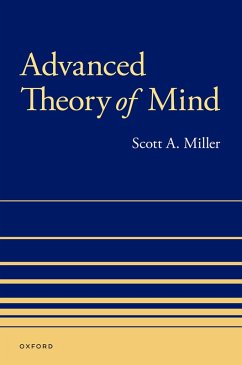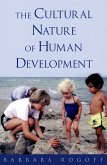Theory of mind has been perhaps the most heavily researched topic in developmental psychology for close to 30 years. Most research, as well as most secondary accounts, has concentrated on the first 5 years of life-a time period during which a number of important developmental changes occur. No one, however, has ever believed that the development of theory of mind is complete by age 5, and in recent years there has been a growing body of research literature dedicated to exploring further developments across the middle childhood and adolescent years. Advanced Theory of Mind brings together this large and diverse body of work. Four interrelated themes recur throughout the volume. One concerns the descriptive picture for the target of study: What is the nature of theory of mind across different parts of the life span? In particular, how does the study of advanced developments add to the well-documented achievements of the first 5 years? A second theme addresses how to explain the developmental changes that are observed, both the commonalties that characterize development and individual differences in the speed or the extent of mastery. The third theme examines the effects of theory of mind on other aspects of development, and a final theme is the theoretical question of how best to characterize advanced theory of mind, namely whether theories designed to explain early developments can be successfully extended to more advanced forms of understanding.
Dieser Download kann aus rechtlichen Gründen nur mit Rechnungsadresse in A, B, BG, CY, CZ, D, DK, EW, E, FIN, F, GR, HR, H, IRL, I, LT, L, LR, M, NL, PL, P, R, S, SLO, SK ausgeliefert werden.









